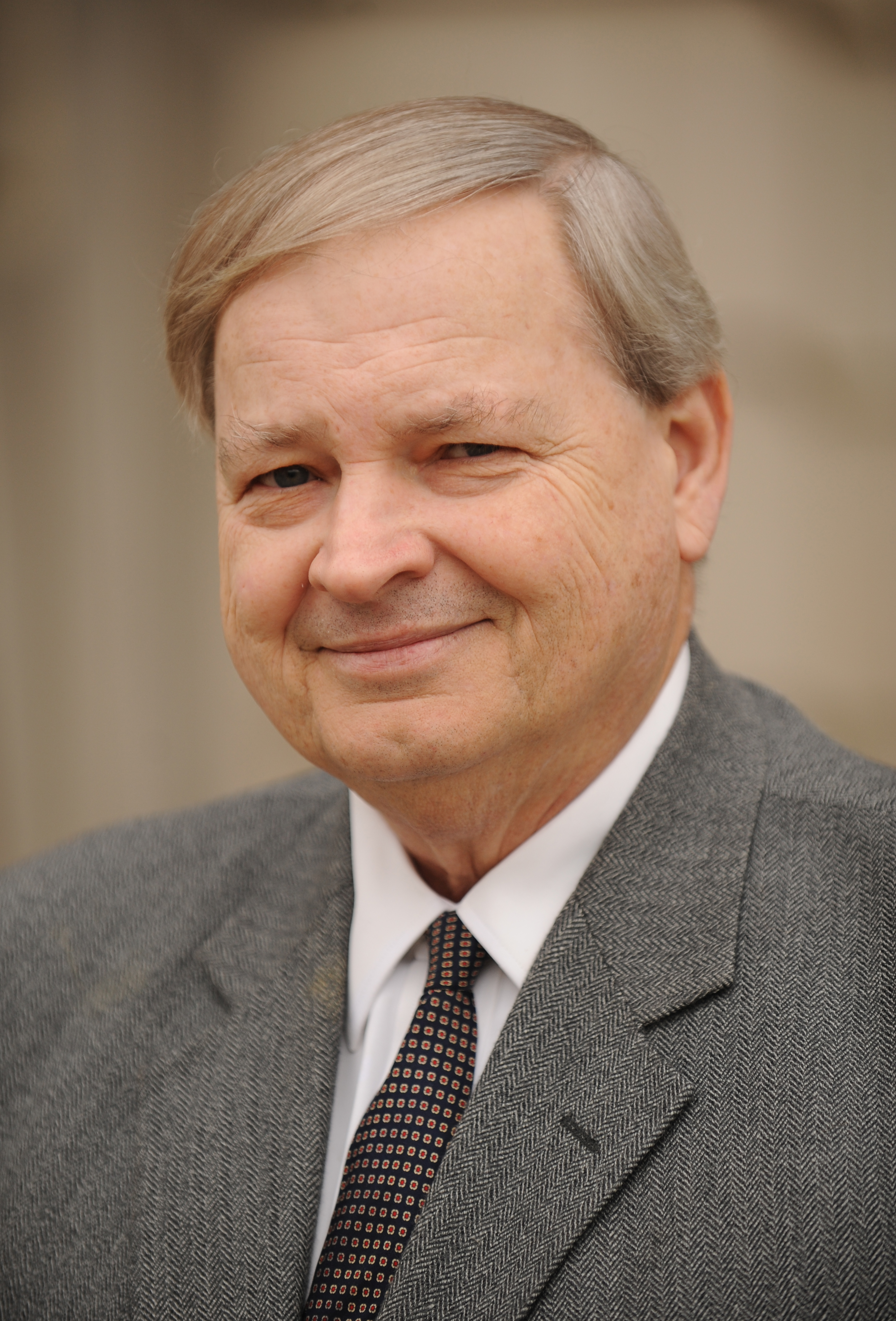Leaders defend Chattanooga's green image
Friday, January 1, 1904
Chattanooga has a national image as a sustainable city.
Once known as the city with the dirtiest air in America, Chattanooga cleaned up with a pedestrian riverwalk, green roofs atop office buildings and the first LEED-certified auto assembly plant in the world.
But some local leaders wonder if that image will be tarnished by changes to the city's Office of Sustainability.
"Fundamentally, it will hurt the reputation of the city as a progressive, sustainable city," said David Sachsman, who holds the West Chair of Excellence at the University of Tennessee at Chattanooga and is an author of books on environmental journalism.
"That office has vision," he said. "I hope that under the new role they will still be allowed to have vision."
After Office of Sustainability Director Dave Crockett announced that he would step down at the end of June, Mayor Ron Littlefield said the office would be folded into the Chattanooga-Hamilton County Regional Planning Agency.
Crockett was the only full-time employee, but he led a group of part-time and temporary workers with positions such as zero waste coordinator and energy coordinator. Littlefield said the staff would be whittled down to two full-time employees -- a sustainability coordinator and a grant writer.
The changes are happening because a $2 million federal grant is ending and the city can only afford to put $100,000 in next year's budget, Littlefield said.
But he said the city will not back off from its interest in sustainability.
"I don't see it as any kind of retreat," he said.
Regional Planning Agency Director John Bridger agreed. He pointed out that, though Chattanooga works to be a bike-friendly city, there's only one bicycle coordinator.
"Since we have one person who does it, does it mean Chattanooga doesn't care about bicycles?" he asked. "I don't think so."
Crockett's staff has worked on a variety of projects, including energy audits, helping to fund a green roof on the City Council building and beginning the process of switching the city's streetlights to environmentally friendly bulbs.
Along the way, he said, he has achieved two goals: to save money and to create jobs.
The streetlights will create almost 300 jobs at Global Green Lighting Inc., he said, and will save the city up to $5 million a year on its $12 million annual electricity bill when the refit is complete.
But that's not going to happen quickly enough that the savings could be used to fund the Office of Sustainability, he said.
Over the past few years, the major headlines for sustainability went toward large companies like Volkswagen, Alstom and BlueCross BlueShield of Tennessee, which all led in sustainable issues.
His office was never about trying to change the city's business and industrial culture, he said. In fact, government lags behind industry, he said.
Crockett said the changes could affect the city's sustainable image, but exactly how is an open question.
"This could breathe new life into what we've done," he said.
Littlefield said he sees no negative effect for Chattanooga and the region.
He said the city will pursue green infrastructure in the upcoming year and look at how green initiatives can help when the U.S. Environmental Protection Agency sends down a consent order on the city's sewer system this year.
"The death of the Office of Sustainability is greatly exaggerated," he said.

